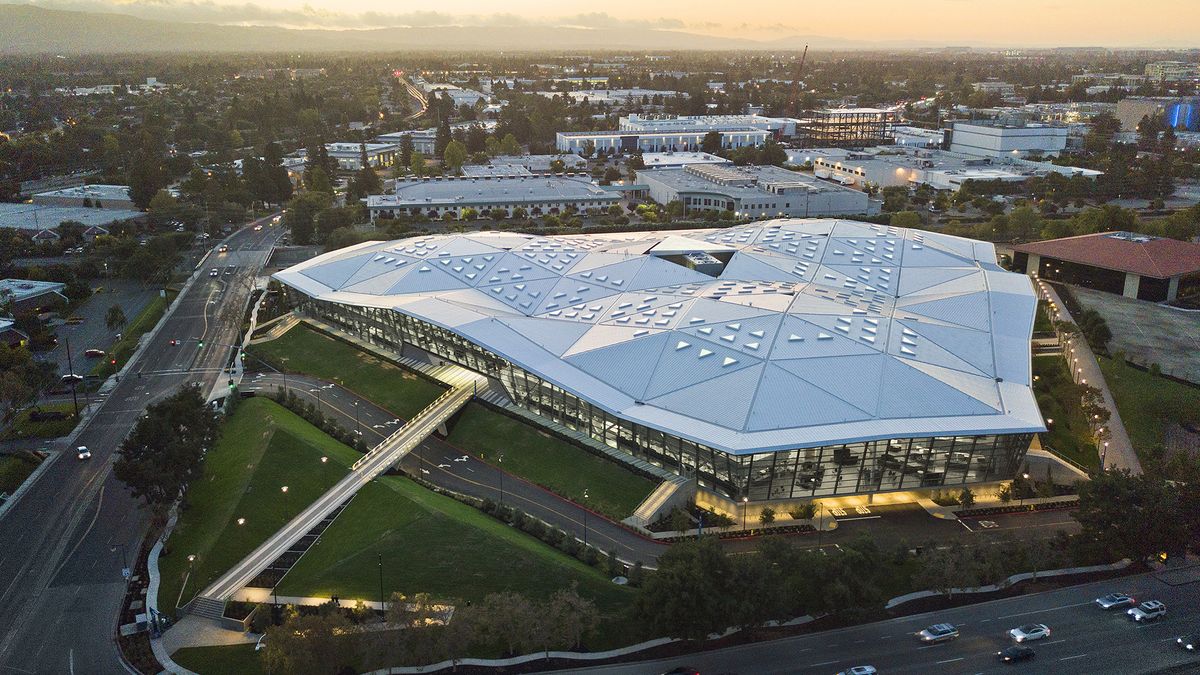The UK Government has announced it is intervening in Nvidia’s acquisition of Arm on the grounds of national security. The wheels are now in motion for the UK Government’s Competition and Market Authority (CMA) to produce a report on Nvidia’s Arm deal, which could become a major setback for the US tech giant’s acquisition of the UK-based chipmaker.
A notice of public interest intervention has been posted to the UK Government website by the Secretary of State for Digital, Culture, Media, and Sport, Oliver Dowden CBE. It announces the UK Government’s intention to look deeper into the Nvidia-Arm deal, and whether it will have any negative implications for British national security.
“Under the powers set out in the Enterprise Act 2002, the Secretary of State for Digital, Culture, Media and Sport is able to intervene on national security grounds. This responsibility is discharged in a quasi-judicial capacity.
“On 19 April 2021, the Secretary of State issued a public interest intervention notice (PIIN), confirming that he is intervening in the sale on national security grounds. In reaching this decision, he considered advice received from officials across the investment security community.”
The end result of the intervention will be a report from the CMA on July 30, 2021 outlining the possible “competition and national security aspects” of the deal, and its advice to the Secretary of State.
Nvidia’s acquisition of Arm is the company’s largest to date at $40bn, easily topping its previous Mellanox buyout at $6.9bn.
Arm is based in Cambridge, UK, and is currently owned by Softbank, a Japanese investment firm.
The deal has come under fire from all directions, however. One of Arm’s co-founders, Herman Hauser, has been vocally in opposition of the Nvidia deal, citing the potential for yet another US tech monopoly. While other tech companies, such as Microsoft, Google, and Qualcomm, which have all heavily utilised Arm’s processor designs in their own products, have complained that the deal will hurt competition and Arm’s ability to offer equal access to its chips.
What Nvidia buying Arm means for PC gaming
All you need to know about Nvidia’s purchase of UK chip designer Arm for $40bn, and what happens next.
Nvidia has said it will retain Arm’s open-licensing model and customer neutrality, and keep the company’s headquarters in Cambridge, but it’s not been enough to win over the deal’s most vocal opponents.
The Nvidia-Arm deal was inked back in September 2020, and has not yet been approved. Nvidia had expected the deal to be finalised in roughly 18 months, although that will wholly depends on how swiftly the UK, China, European Union, and United States regulatory bodies give it the nod of approval. So far none have done so, and it’s expected to be a deal under quite a bit of scrutiny before that happens. Not only due to its size but also its possible impact on all Arm-based devices and companies that use its designs. (That’s just about every mobile phone ever and a heap load more chips, too).
Arm doesn’t manufacturer its own chips. Instead, it offers an ecosystem of compatible architectures and processors that are able to be licensed out by companies for how they see fit to use them. Most major tech companies have some familiarity with Arm, and it’s become so popular and competitive nowadays that it’s even considered a rival to Intel and AMD in some ways, such as Apple’s M1 chip.
While Arm, Nvidia, and Softbank are all confident this deal will go ahead, there are heaps of people proclaiming it’s doomed to fail. The UK Government’s intervention is sure to stir up further speculation to that end, too.
